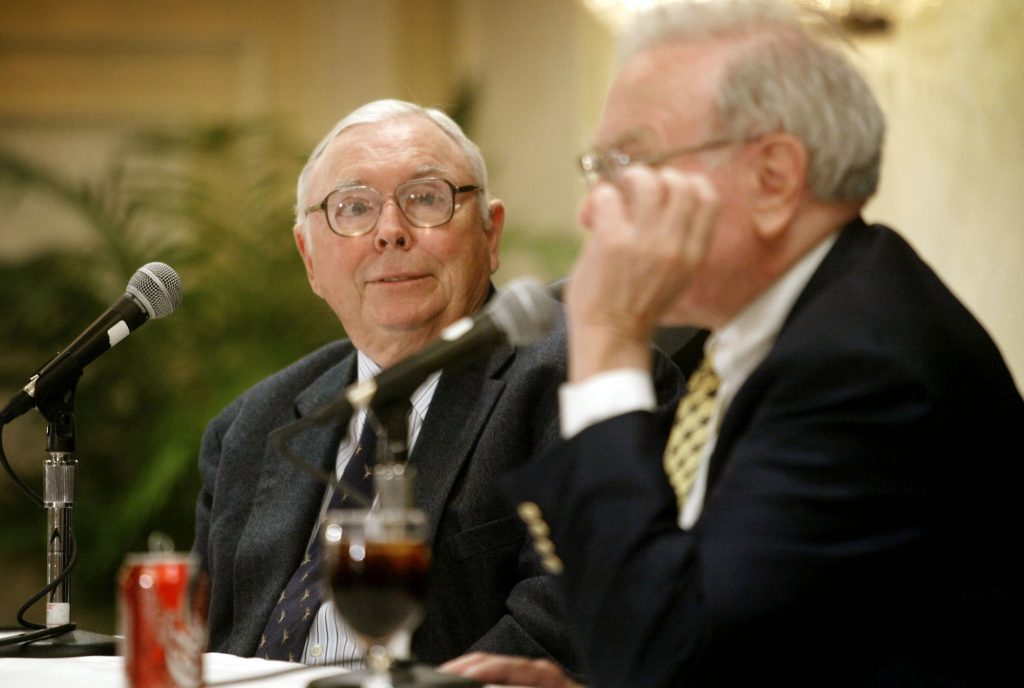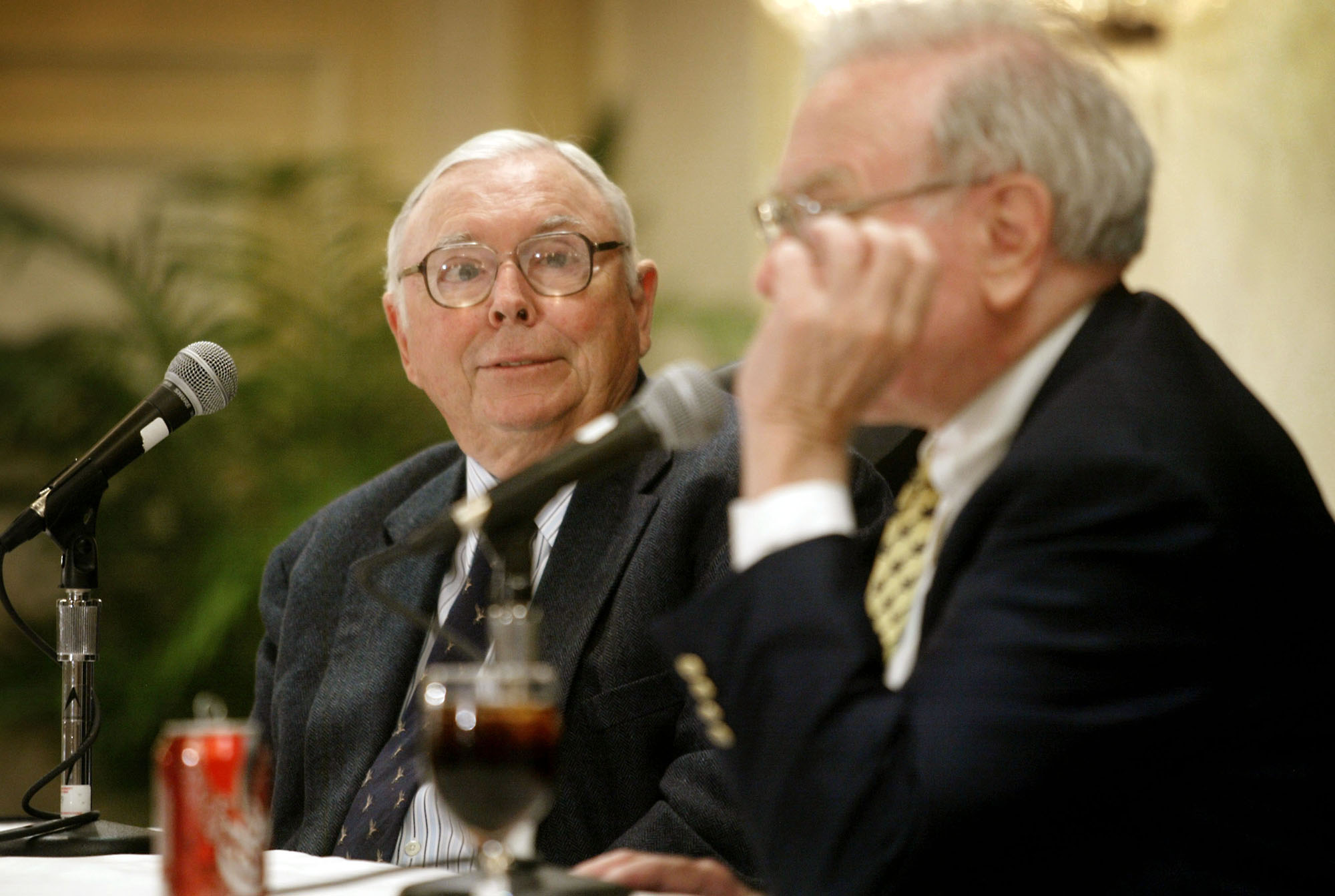Some people (and organizations) fail to treat their immigration situation with the respect it really deserves. They assume that opportunities available to them (or their star employee) today will continue to be available months or years from now. They assume that they can get the immigration benefit they’re after whenever they’re ready to apply. They may know their immigration situation is important, but they fail to see why it’s important and urgent.

Legendary investor Charlie Munger: “[T]he wise [people] bet heavily when the world offers them that opportunity. They bet big when they have the odds. And the rest of the time, they don’t. It’s just that simple.”
These folks are immigration procrastinators. They put off till tomorrow what they’ve promised themselves they would do today.
We have a word of advice for them: immigration procrastination is a dangerous game.
However, some people are, for all intents and purposes, addicted to the game. Some people will continue to play. Some people seemingly cannot stop playing. No one ever said humans are very rational creatures, right?
But, there are other immigration procrastinators who just need a strong push, in order to break out of the rut of immigration procrastination.
Perhaps they can find a good enough reason to get past immigration procrastination if they stand on the shoulders of some giants. In this blog post, we’re going to stand on the shoulders of giants, in the field of value investing.
We’ll look at the way some of the world’s most successful, professional investors view risks. We’ll look at this because one underappreciated aspect of immigration procrastinators is risk. Immigration procrastinators simply do not ask themselves what can go wrong if I keep saying, “I’ll do it tomorrow,” when it comes to starting my star employee’s or my own immigration case.
The most successful value investors would not dream of treating risk so lightly.
The top value investors frequently repeat phrases, such as, “It’s important to look down first before looking up,” or “We’re focused first on return of capital rather than return on capital.” The value investor’s obsession with the downside reflects a mindset captured nicely by Gotham Capital’s Joel Greenblatt, who says, “If you don’t lose money, most of the remaining alternatives are good ones!”
Let’s look at what some other value investors have to say about risk.
Seth Klarman, The Baupost Group
- We make no heroic assumptions in our analysis, hoping, instead, that by compounding multiple conservative assumptions, we will create such a substantial margin of safety that a lot can go wrong without impairing our capital much or even at all. We never invest just to invest and don’t bet blindly on mean reversion or on historical relationships holding up. Our settings are permanently turned to “risk off.”
Robert Olstein, Olstein Capital Management
- I’ve always believed that above-average, long-term performance in the stock market is highly correlated with avoiding serious errors, so I always focus on what can go wrong first. I want to know the downside risk potential before looking at the upside. … [P]aranoia can be a virtue in the investment business.
Ragen Stienke, Westwood Management
- The very first thing we do when we start to analyze a company is to ask ourselves how far the stock price would fall if we were wrong.
Tom Perkins, Perkins Investment Management
- We believe in the power of compounding and the simple math is that you can’t compound very well if you suffer too much on the downside. I don’t understand why people who can go on at length about why this or that company will grow and prosper often spend little time on what can go wrong and the impact it could have on the share price. It’s not as if defining the downside is more difficult – it’s probably easier than estimating the upside.
Chuck Akre, Akre Capital Management
- One lesson reinforced by the financial crisis is that if you own common stocks, they will periodically go down 50 percent. … When making bets on what will happen, it’s very important to consider all that can happen.
All of these quotes may sound fearful, suspicious, negative. Well, here’s a more sunny one, one from a patron saint of value investing:
Charlie Munger, Poor Charlie’s Almanack
- It’s not given to human beings to have such talent that they can just know everything about everything all the time. But it is given to human beings who work hard at it—who look and sift the world for a[n] [undervalued stock]—that they can occasionally find one. And the wise ones bet heavily when the world offers them that opportunity. They bet big when they have the odds. And the rest of the time, they don’t. It’s just that simple.
There are three simple immigration-related takeaways you should gather from these quotes.
- When you have an opportunity to achieve an immigration benefit–when the odds are in your favor–seize the opportunity with vigor.
- Don’t be so sure that regulations, policy memos, statutes, adjudication trends that it make it possible (or advisable) for you to go after some immigration benefit today will be existent when you’re finally ready to apply for the benefit.
If you do continue to procrastinate, don’t do so blindly. Define the worst possible scenario that may occur if you continue to procrastinate, whether it be deportation, losing your star employee, or something more nightmarish.
